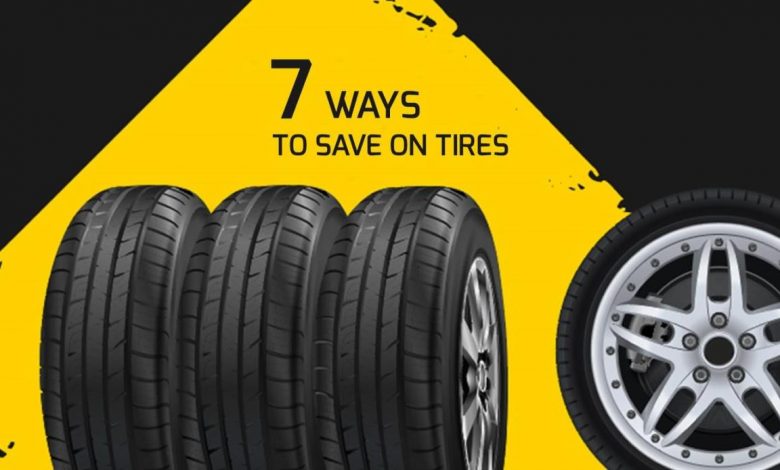Unlocking the Secrets of Tire Discounts

Unlocking the Secrets of Tire Discounts
Maximize Your Savings with These Tire Discount Tips
1. Shop Around for the Best Deals
When it comes to tire discounts, the key is to shop around. Don’t settle for the first deal you come across. Take the time to research and compare prices from different tire retailers. Look for promotional offers, loyalty programs, or membership perks that can further enhance your savings. By putting in a little extra effort, you can unlock significant discounts on your tire purchase.
2. Keep an Eye Out for Seasonal Sales
Tire retailers often offer seasonal sales to clear out inventory and make room for new stock. Take advantage of these opportunities to score great discounts. Keep an eye out for sales during the fall and spring, as these are the times when many people switch to winter or summer tires. Planning your purchases around these sales can save you a considerable amount of money.
3. Consider Online Tire Retailers
Online tire retailers have gained popularity in recent years, and for a good reason – they often offer competitive pricing and convenient delivery options. By purchasing your tires online, you can tap into exclusive discounts and deals that may not be available in traditional brick-and-mortar stores. Just make sure to read reviews and check the retailer’s reputation before making a purchase.
4. Take Advantage of Manufacturer Rebates
Many tire manufacturers offer rebates, where you can get cash back or a prepaid card for purchasing their specific tire brands. Keep an eye out for these offers and take advantage of them. Manufacturer rebates can be an easy way to unlock additional savings on top of other discounts you may have already found.
Frequently Asked Questions (FAQs)
Q: How often should I replace my tires?
A: The lifespan of a tire varies depending on several factors, such as driving habits, road conditions, and tire maintenance. On average, tires should be replaced every 6 to 10 years, regardless of the tread depth. However, if you notice signs of wear and tear or if your tires fail to pass the penny test (where you insert a penny into the tread, and if the top of Lincoln’s head is visible, it’s time to replace them), it’s best to get new tires sooner.
Q: Can I negotiate tire prices?
A: In some cases, you can negotiate tire prices. While it may not be possible at certain national chain stores, smaller local retailers may be more open to negotiating prices. It never hurts to ask if they can offer any additional discounts or match a competitor’s price. Remember to be polite and respectful during the negotiation process.
Q: Are used tires a good option for saving money?
A: While used tires may initially seem like a cost-effective option, it’s essential to consider their quality and safety. Used tires can come with hidden damage or worn-out treads, compromising your safety on the road. Additionally, they may not offer the same level of performance and fuel efficiency as new tires. It’s generally recommended to opt for new tires to ensure optimal performance and safety.
Q: Does tire installation come with additional costs?
A: Yes, tire installation typically incurs additional costs. These costs may include mounting and balancing fees, valve stem replacement, disposal fees for old tires, and taxes. When comparing tire prices, consider the overall cost, including installation, to get an accurate idea of how much you’ll be spending.
With these tire discount secrets and helpful tips, you can unlock significant savings on your next tire purchase. Remember to take your time, shop around, and make an informed decision that meets both your budget and quality expectations. Happy tire shopping!



